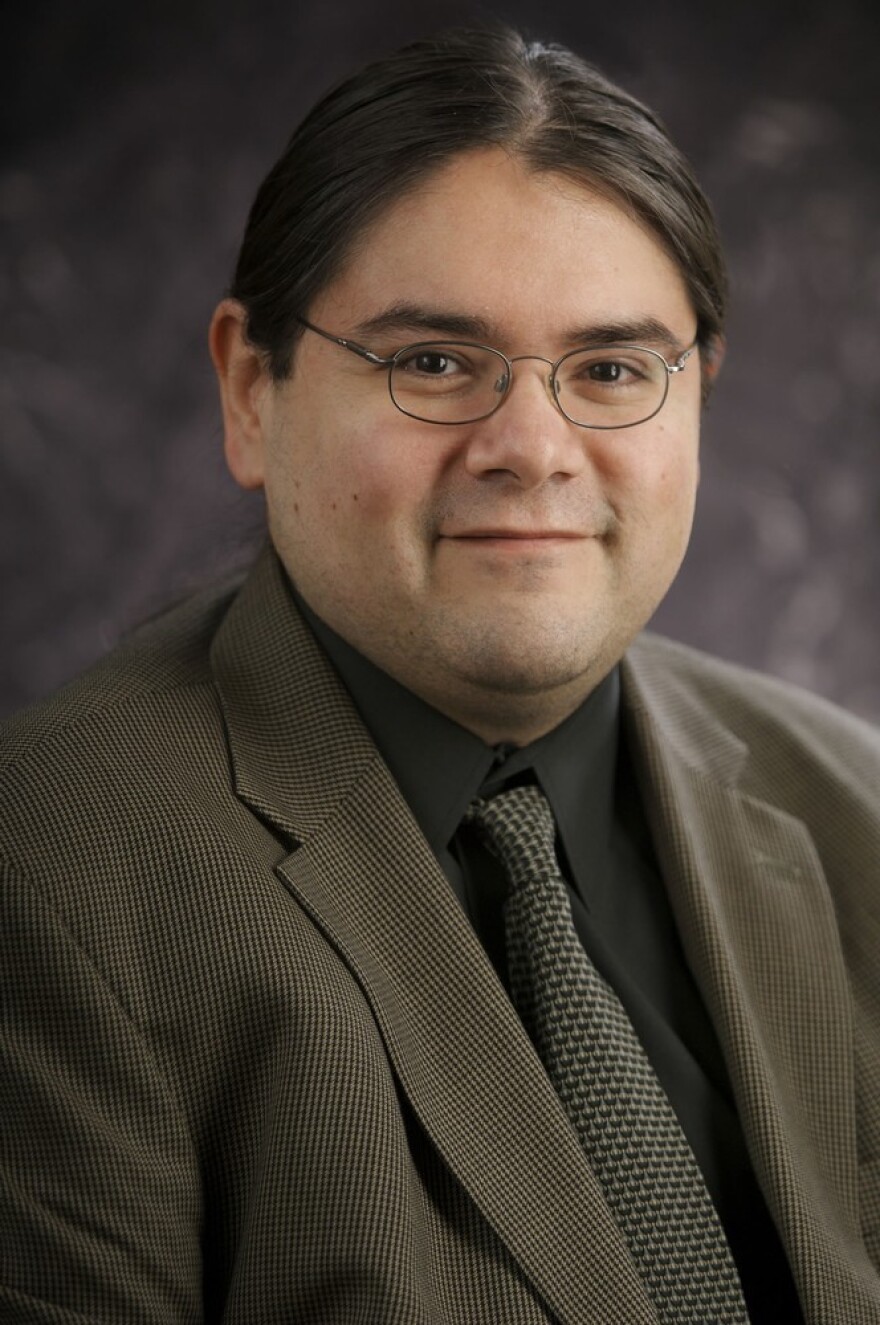Legal watchers are starting to get anxious for a U.S. Supreme Court decision over a northern Michigan Indian casino.
It’s not likely the High Court will issue the final word on whether the Bay Mills Indian Community can run its casino in Vanderbilt. But it’s possible justices could issue a broad ruling with implications for tribal business across the nation, says tribal law expert Matthew Fletcher. He says the court could radically change the way tribes are, or are not, shielded from lawsuits.
“They could cut any way they chose and issue an opinion that is relatively broad in regards to tribal sovereignty in this area,” says Fletcher, who runs the Indigenous Law and Policy Center at Michigan State University.
He says the result could be that tribes think twice about investing money off the reservation.
“You can’t put it in your mattress,” he says. “But perhaps into overseas banks or something to that effect.”
Fletcher says it’s just one possible outcome. The court could also write a more limited decision. Fletcher says the least-likely outcome would be for the court to rule in favor of the Bay Mills Indian Community, which argues it is immune from lawsuit in this instance.
The Upper Peninsula tribe built its Vanderbilt Casino in 2010 without permission from the State of Michigan. It is not on the tribe’s traditional lands. The casino has been closed for years as the dispute works its way through the courts. It is widely viewed as a test case for the tribe, which would like to build casinos in other parts of the state as well.
Justices heard oral arguments in December, but have yet to issue an opinion. Fletcher speculates either the court is busy with other cases, or that it’s heavily split over this case.

